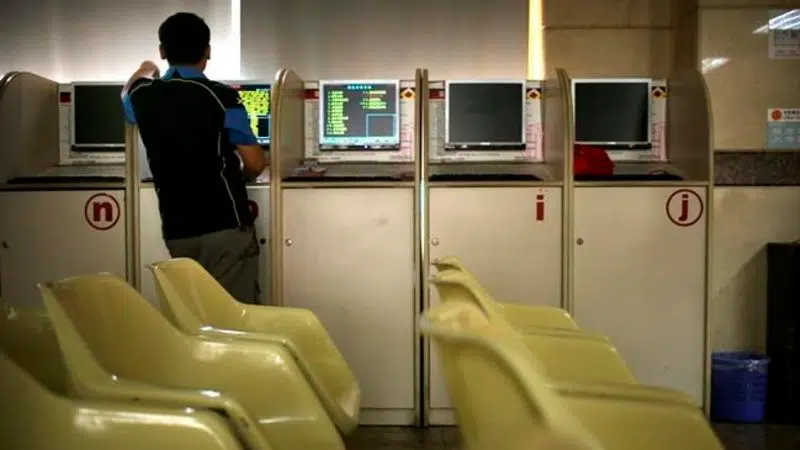
Asian stocks plunge on US-China trade war worries
BEIJING — Asian stock markets plunged Friday after President Donald Trump’s surprise threat of tariff hikes on additional Chinese imports.
Tokyo’s main market index fell 2.5% and Hong Kong’s benchmark lost 2.3%. Markets in Shanghai, Sydney and Seoul also declined.
Trump’s announcement of 10% tariffs on $300 billion of Chinese goods, due to take effect Sept. 1, surprised investors after the White House said Beijing promised to buy more farm goods. That came as their latest round of trade talks ended in Shanghai.
That added to investor unease following Federal Reserve Chairman Jerome Powell’s suggestion Wednesday that the U.S. central bank had no plans for an extended cycle of interest rate cuts.


